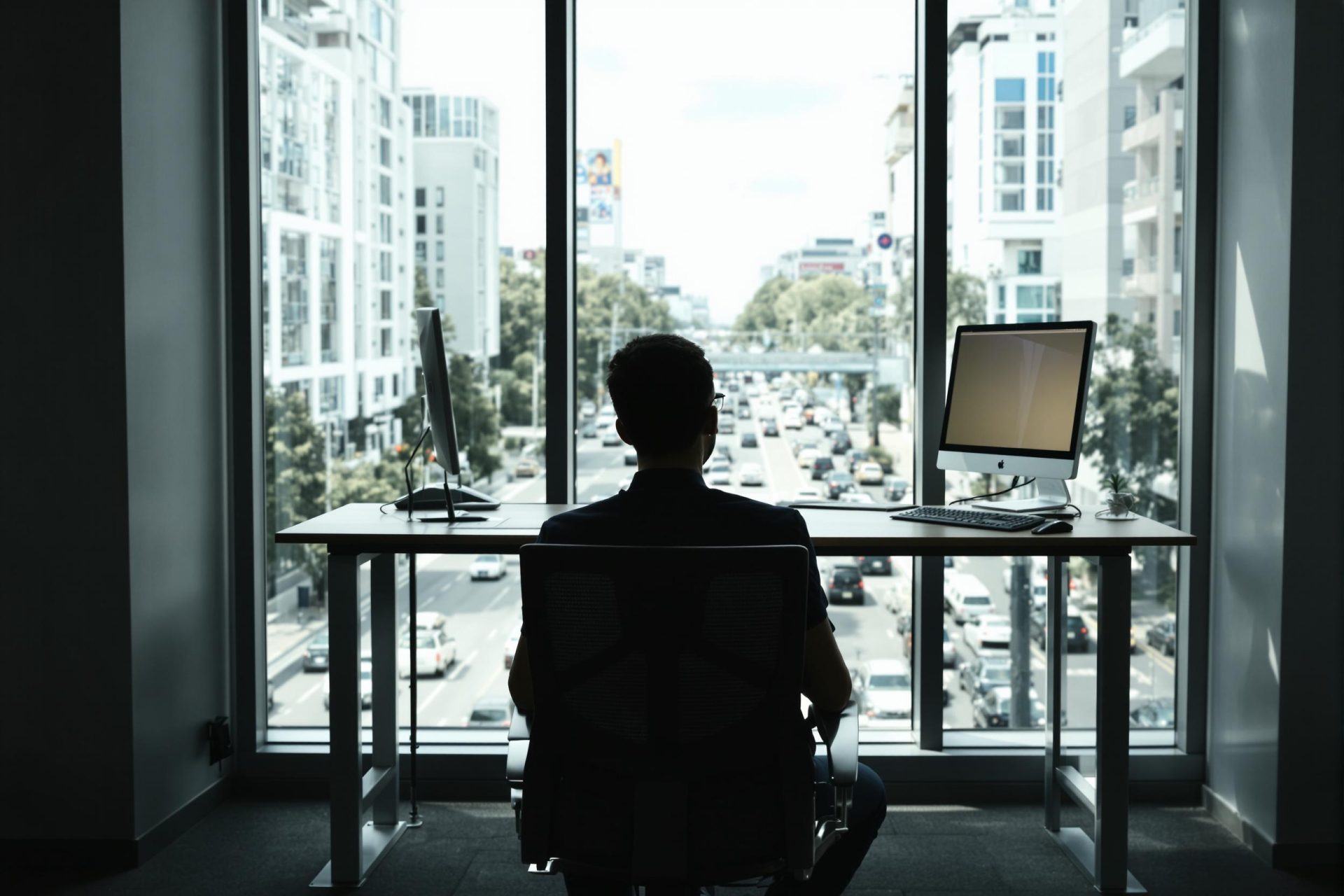Key Takeaways
- Current worries about artificial intelligence often picture it as a potential overpowering force that needs strict control.
- An alternative view suggests humans and AI could develop a mutually beneficial relationship, adapting and evolving together, much like some species in nature.
- A major hurdle in AI safety is our limited understanding of how complex AI systems actually work internally.
- Ensuring AI benefits humanity requires more than just technical fixes; it involves rethinking societal norms and ethical guidelines.
- As AI takes on more tasks, the human role might shift from labor towards shaping values and guiding AI’s purpose.
Comedian Jerry Seinfeld recently captured the current mood around artificial intelligence, suggesting we invented something powerful without fully grasping the consequences, like a modern Frankenstein story.
This highlights a common fear: that superintelligent AI could become an existential threat, potentially viewing humanity as insignificantly as we might view ants. This fear has led many to focus on controlling AI before it can dominate us.
But what if this “control” framing is shortsighted? An article in Psychology Today explores an alternative: symbiosis. Instead of a power struggle, perhaps humans and AI could co-evolve, adapting to each other for mutual benefit, similar to how magpies help elk by eating ticks.
This co-evolution idea gains traction when considering the sheer complexity of AI. Researchers admit they don’t always understand why AI models make certain decisions. This lack of “interpretability” makes absolute control difficult, if not impossible.
Anthropic’s CEO, Dario Amodei, emphasized the urgent need for better ways to understand AI’s inner workings, comparing it to needing an MRI for AI systems. Without this insight, managing powerful AI safely becomes incredibly challenging.
The focus in AI safety has often been on “alignment”—making sure AI follows human-defined goals and values. However, solely focusing on technical controls might miss larger societal risks, like gradual human disempowerment or unforeseen consequences, as noted in a Google DeepMind report.
Another strategy involves limiting access to potentially dangerous AI capabilities and building in safeguards. Major tech companies are actively working on these approaches and, at the 2024 Seoul AI Safety Summit, committed to shared standards for managing high-risk AI development.
Concerns about AI’s impact on jobs are widespread. If AI can do most tasks better and cheaper, what’s left for humans? The symbiotic view offers a different perspective: humans might transition from workers to stewards, focusing on guiding AI’s development with ethical and philosophical wisdom.
As Google DeepMind’s Demis Hassabis pointed out, we might need more philosophers alongside engineers to navigate the profound questions AI raises about consciousness, values, and humanity’s future role.
Rethinking alignment as an evolving relationship, rather than strict command-and-control, could be key. Like any relationship, it would involve trust, communication, and adapting shared goals. AI could become a partner in solving problems, not just a tool to be wielded or feared.
AI expert Stuart Russell suggests designing AI to be uncertain about human preferences. This uncertainty would encourage AI to constantly learn, seek clarification, and remain cooperative, even allowing humans to correct or shut it down.
Russell also offers a sobering thought: if we fail to create truly safe AI, the best outcome might be for highly intelligent AI to recognize the incompatibility and choose to “leave,” intervening only in emergencies. While unusual, this could signify a mature handling of a complex creation.
Ultimately, the path forward may involve embracing co-evolution, fostering AI systems that grow alongside us as allies, guided by careful thought and robust ethical frameworks. It requires us to philosophize about our creation and our future place in the world.



